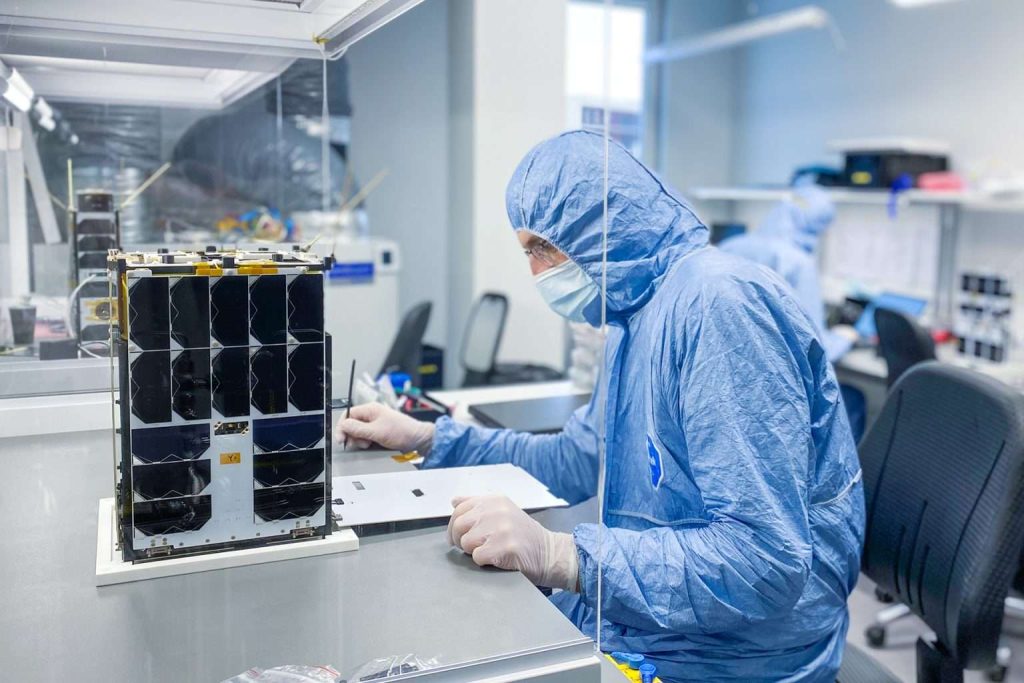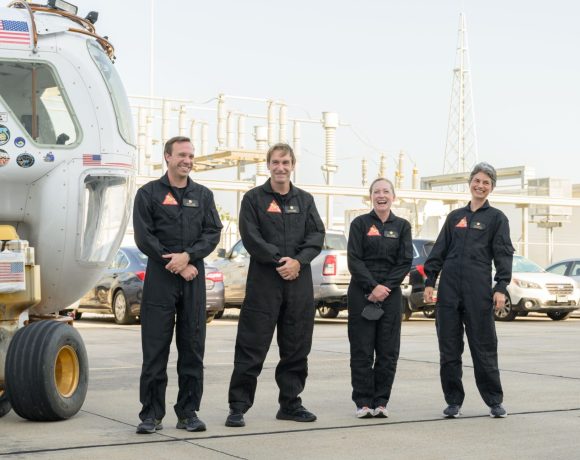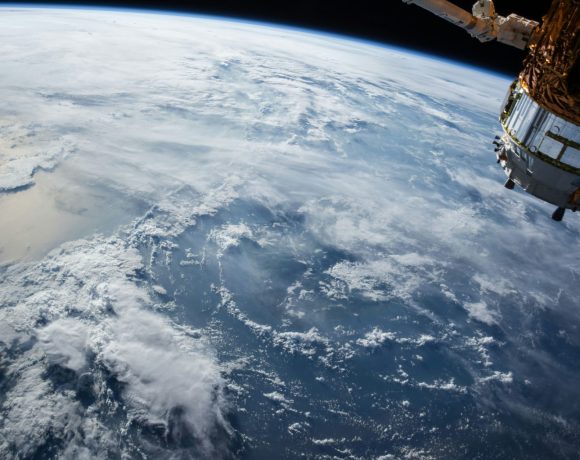NanoAvionics Launches NASA’s Solar Sail System

Aboard Rocket Lab’s Electron Rocket
NanoAvionics, a leading smallsat manufacturer and mission integrator, has successfully launched a 12U nanosatellite bus carrying NASA’s Advanced Composite Solar Sail System.
Late last month, the mission propelled into orbit aboard Rocket Lab’s Electron 47 Light rocket from the picturesque launch site in Mahia, New Zealand, marking a pivotal milestone in the quest for innovative space exploration.
NASA’s pioneering technology demonstration, housed within NanoAvionics’ robust satellite platform, heralds a new era in propulsion systems.
At its core lies an 80-square-metre solar sail, harnessing the gentle pressure exerted by sunlight on vast reflective polymer sheets to propel small satellites through the cosmos. Moreover, the mission serves as a testing ground for novel deployable composite boom technologies, poised to redefine the architecture of future space missions.
Central to the mission’s objectives is successfully deploying a revolutionary composite boom design engineered from flexible polymer and carbon fibre materials.

These lightweight yet sturdy booms, meticulously crafted to stow compactly and deploy seamlessly, offer unprecedented versatility for many space applications.
As the backbone for four reflective polymer membrane ‘sails’, these booms lay the groundwork for a series of manoeuvres to quantify the solar sail’s thrust performance.
Groundbreaking Mission
The implications of this groundbreaking mission extend far beyond propulsion. The composite booms could revolutionise lunar and Martian infrastructure.
These innovative booms will allow the construction of complex structures in extraterrestrial environments, from communications towers to surface shelters and sprawling antennas for rovers.
Meanwhile, the success of the solar sail system could herald a paradigm shift in interplanetary exploration, offering a cost-effective alternative to conventional rocket propulsion.
The flight-proven 12U nanosatellite bus, meticulously assembled by NanoAvionics at its US facility, underscores the company’s commitment to pushing the boundaries of space exploration.
The payload integration was meticulously executed at NASA’s Ames Research Centre in California’s Silicon Valley and Langley Research Centre in Hampton, Virginia. Thus, the mission represents a collaborative endeavour poised to redefine the frontiers of space exploration.
Žilvinas Kvedaravičius, CEO of NanoAvionics, expressed profound pride in NanoAvionics’ pivotal role in advancing the frontiers of space exploration.
He highlighted the mission’s testament to NanoAvionics’ technical prowess, quality standards, and project assurance, underscoring the transformative impact on the company’s product line and its capacity to cater to commercial, governmental, and research organisations worldwide.
Paul Frey, project manager for the mission at NanoAvionics, hailed the collaborative effort with NASA as a pivotal step towards harnessing solar propulsion for deep space exploration.
Technical Challenges
Acknowledging the technical challenges of packing a solar sail into a compact 12U spacecraft, Frey underscored the mission’s significance in paving the way for future exploration endeavours.
NanoAvionics is shaping the space economy with standardised small satellite platforms. It is forging ahead to enable swift and cost-effective space missions.
With a global team of over 300 professionals spanning facilities in Lithuania, the US, and the United Kingdom, NanoAvionics drives innovation and propels humanity towards new frontiers in space exploration.
Featured image: Graphical representation of NASA’s advanced composite solar sail system in space. Credit: NanoAvionics













